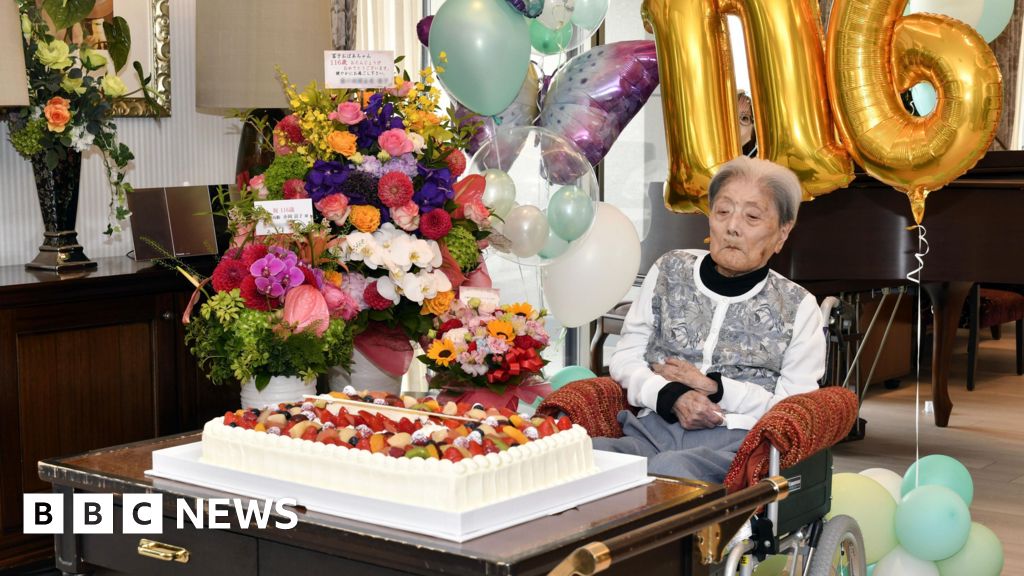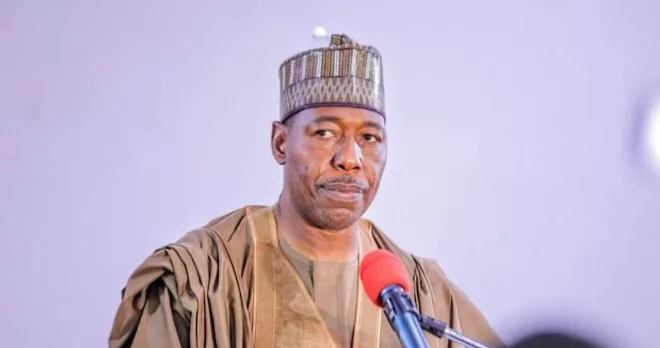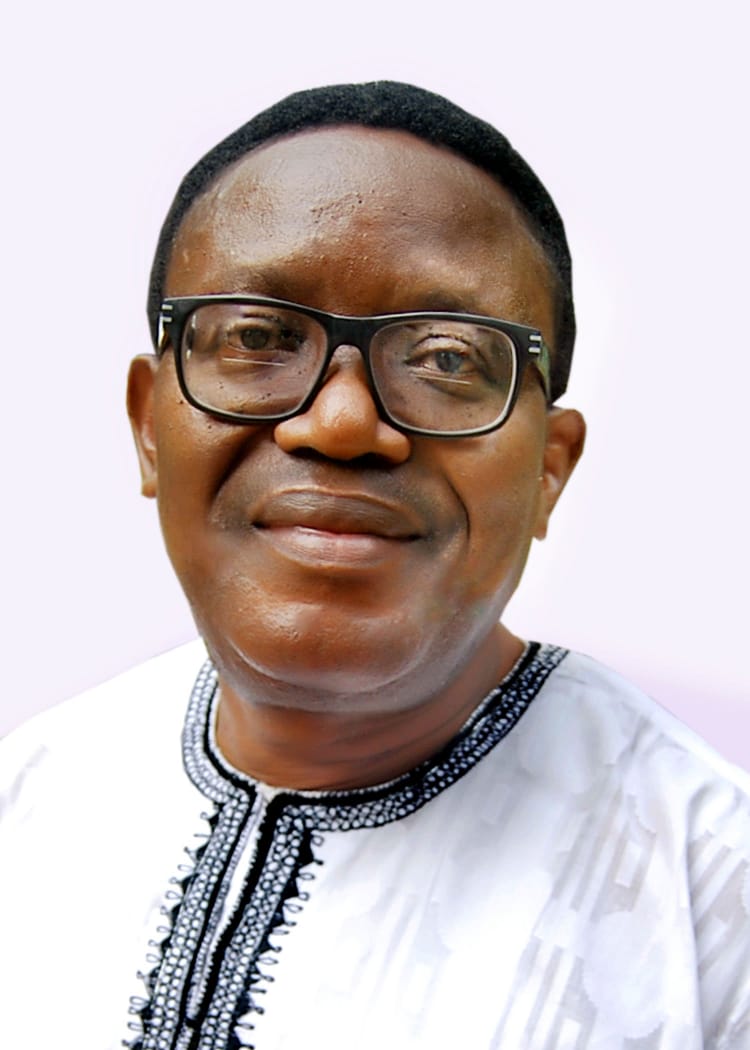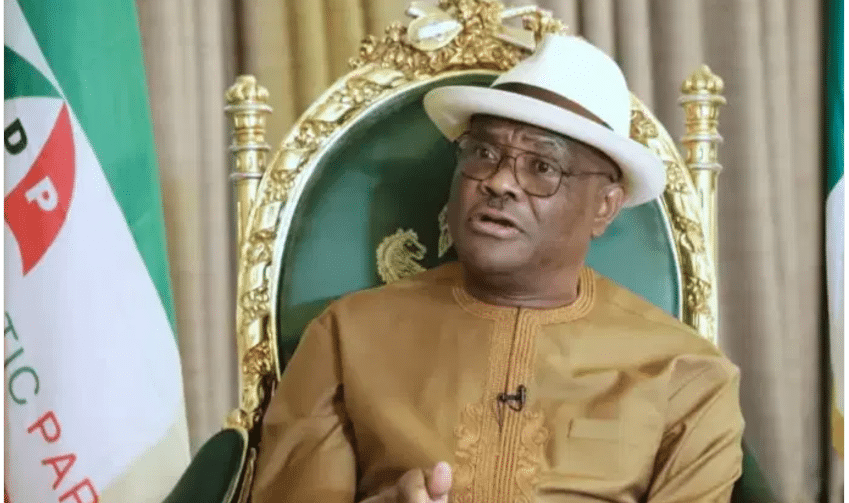The Nigerian government has announced the reintroduction of history as a subject in the basic education curriculum.
The Minister of Education, Tunji Alausa, disclosed this during a recent appearance on Channels Television programme.
Mr Alausa said history, a vital part of nation building has been missing in the Nigerian education system for a long time, noting that the subject will now be taught in schools from 2025.
“We now have people up to 30-year-old totally disconnected from our history. It doesn’t happen in any part of the world,” he said.
He said president Bola Tinubu has mandated that the subject be reintroduced into the curriculum.
“From 2025 our students in primary and secondary schools will have that as part of their studies.”
History of failed return
History, as a subject was first removed from Nigeria’s basic education curriculum in 2008, supposedly because students were avoiding it with the claim that there were few jobs for history graduates. It was later merged as part of social studies.
While there have been previous efforts to reintroduce history into the curriculum, these attempts failed.
In 2018, former minister of education, Adamu Adamu, gave a similar directive, noting that the National Council on Education had approved the reintroduction of history as a standalone subject at the 61st ministerial session in September, 2016.
Mr Adamu, at the time directed the Nigerian Educational Research and Development Council (NERDC) to carry out the disarticulation of history from social studies curriculum.
He said the new history curriculum was designed to expose students to a body of knowledge that would enable them appreciate history as an instrument of national integration and nation building in the 21st century and beyond.
Four years later in 2022, the Universal Basic Education Commission (UBEC) trained 3,700 teachers as part of the move to reintroduce the subject.
READ ALSO: 2024 Review: Major events, reforms that shaped Nigerias education sector
Welcome development
The Chairperson of the National Union of Teachers (NUT), FCT chapter, Stephen Knabayi, said the subject was never introduced.
In a telephone interview with PREMIUM TIMES, Mr Knabayi attributed the failure to lack of planning and consultation.
He, however, commended the move to have it returned to the curriculum.
“For me, and the union, this is a great development,” he said.
Support PREMIUM TIMES' journalism of integrity and credibility
At Premium Times, we firmly believe in the importance of high-quality journalism. Recognizing that not everyone can afford costly news subscriptions, we are dedicated to delivering meticulously researched, fact-checked news that remains freely accessible to all.
Whether you turn to Premium Times for daily updates, in-depth investigations into pressing national issues, or entertaining trending stories, we value your readership.
It’s essential to acknowledge that news production incurs expenses, and we take pride in never placing our stories behind a prohibitive paywall.
Would you consider supporting us with a modest contribution on a monthly basis to help maintain our commitment to free, accessible news?
TEXT AD: Call Willie - +2348098788999

















 English (US) ·
English (US) ·